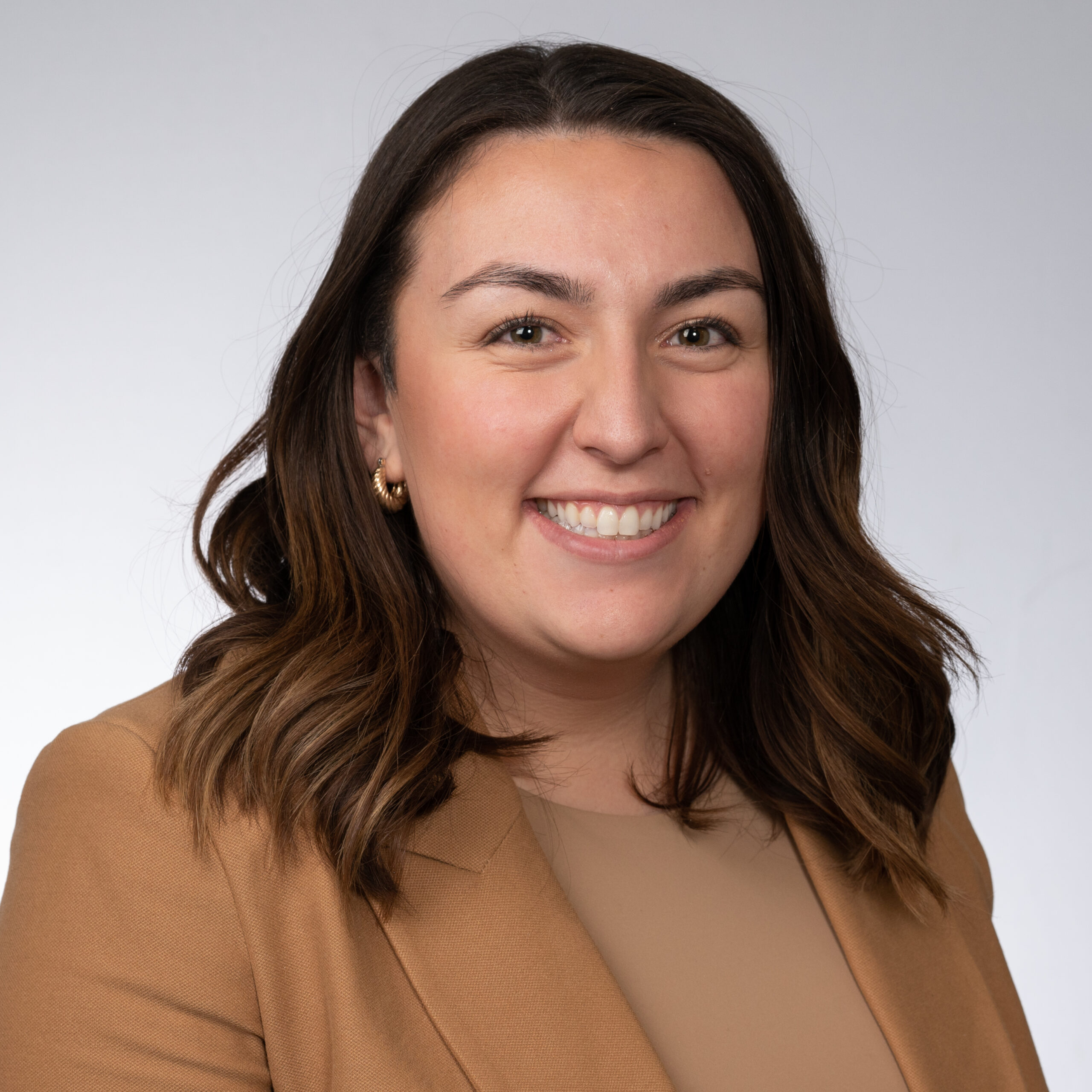Student Aims to Boost Rates of Vaccination.

Student Aims to Boost Rates of Vaccination
As an intern at the nonprofit March of Dimes this summer, Hannah Jacobson submitted testimony at the State House in favor of a pair of bills that would end religious exemptions from vaccination. Professor Matt Motta joined her on Beacon Hill to share his support for the proposed legislation and his former student.
Hannah Jacobson first interned with the national nonprofit March of Dimes during the summer leading up to the start of her MPH at the School of Public Health. Fresh off an undergraduate capstone course where she created the idea for an app to help connect Massachusetts residents with local maternity care providers, Jacobson jumped at the opportunity to do real-world public health advocacy work.
Invigorated by the cause and the spirit of the people she met, Jacobson eagerly returned to March of Dimes this past summer to complete her practicum. She has worked on a variety of projects as an advocacy intern, including troubleshooting barriers to the integration of a birth center into a federally qualified health center. However, the highlight of the summer was a recent public hearing at the State House, where Jacobson had the opportunity to submit testimony in favor of a pair of bills intended to increase childhood immunization rates.
Witnessing the legislative process play out in person affirmed what she has learned so far in her courses in the Department of Health Law, Policy and Management, Jacobson says. “BU has prepared me well to be in the real world because you learn about it all in the classroom—about how a bill becomes law, and what advocates do, and what the purposes of committees are. I came into my internship this summer just being like, ‘Oh, yeah, we talked about that with Dr. Motta,’ or ‘We talked about that in my finance class.’”
When recruiting experts to provide oral testimony in support of the proposed vaccination legislation, Jacobson drew on her SPH connections and invited Matthew Motta, assistant professor of health law, policy and management, to join her on Beacon Hill.
“He was the first person I thought of,” says Jacobson, who took a law, policy, and policymaking course with Motta last semester. “He’s the perfect person—he specializes in vaccine hesitancy.”
Under current laws in the Commonwealth, vaccinations against a variety of highly contagious yet preventable diseases, such as measles and chickenpox, are prerequisites to enrollment in schools, Jacobson says. However, over the past couple years vaccination rates have declined across the state. According to research from Motta and his colleagues at SPH, distrust of COVID-19 vaccination campaigns may be fueling skepticism about overall vaccine safety and efficacy—what they term “vaccine hesitancy”—leading parents to delay or forego vaccination. The proposed legislation (H 604 / S 1391), sponsored by Representative Andy Vargas (CAS‘15, Pardee‘15) and Senator Edward Kennedy (MET’95), would end religious exemptions to school vaccination requirements, preventing parents from citing conflicts with their “sincere religious beliefs” as grounds for not immunizing their children.
“Generally, since the 1980s, religiosity and religious affiliation has gone down, but the usage of the religious exemption has gone up by 500%. [This suggests] a lot of families are using the religious exemption as a way to pursue their own anti-vax beliefs,” says Jacobson. “What Representative Vargas is trying to do is get rid of the religious exemption for vaccines for school-aged children so that we can increase vaccination rates and be sure that we don’t have a polio or measles outbreak in the next couple years.”
Jacobson wants to see more people from her generation active in advocacy. She says that when she talks to people around her age about March of Dimes, they are typically unfamiliar with the organization’s work, but when she talks to people her parent’s age, they immediately make the connection between the March of Dimes and the eradication of polio in the US. Jacobson believes that with renewed interest in their work, the March of Dimes can continue to build on their legacy.
Motta commends Jacobson’s dedication, emphasizing its alignment with SPH’s goals as a school, “Every day, Hannah puts what she’s learned in the classroom into practice—not only to identify policy solutions to pressing public health problems, but to consider how she and others might be able to effectively communicate the benefits of taking policy action in support of evidence-based medicine. Through her work with March of Dimes, Hannah has taken up the exact type of student advocacy work that so many of us faculty encourage here at BUSPH.”
Before immigrating to the US, Jacobson’s grandmother did child health work in Iran, and after resettling in Massachusetts, her father became an OBGYN. Once she completes her MPH, Jacobson plans to dedicate her career to maternal health policy and advocacy, carrying on the family tradition.
